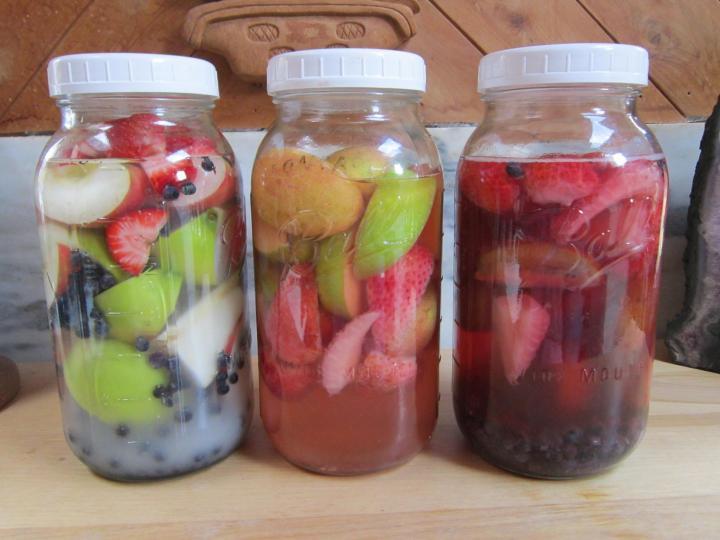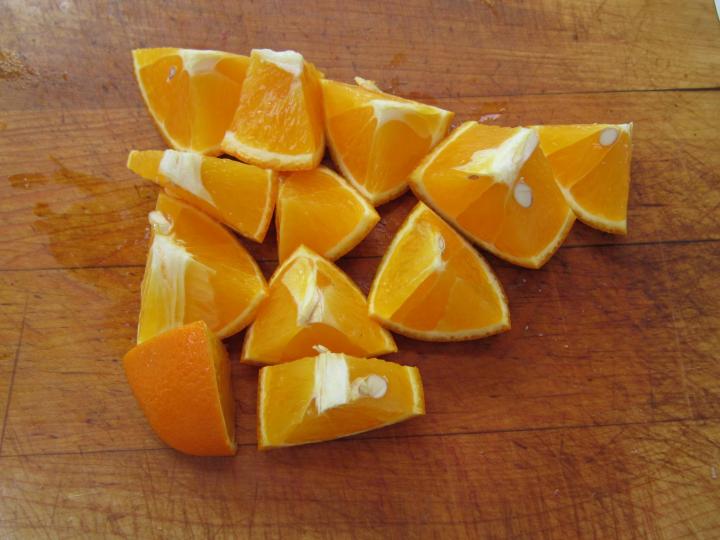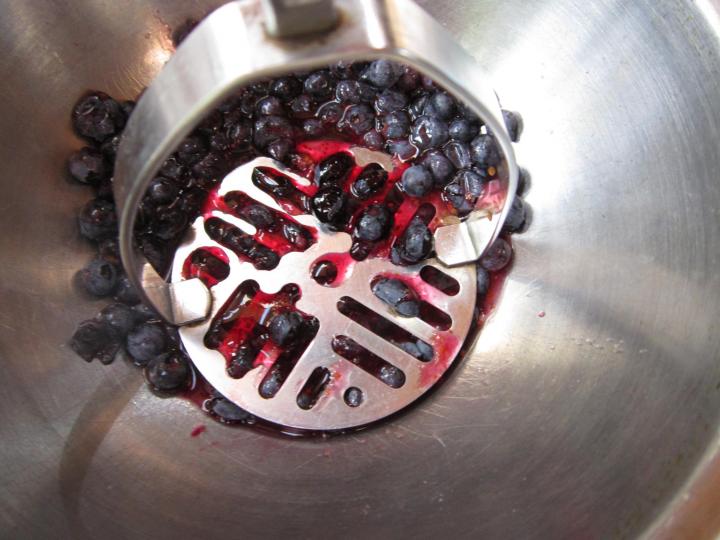






Fruit kvass is an exceptionally easy-to-make fermented probiotic drink, and you can find a great recipe for it here.
For tens of thousands of years, our ancestors used fermentation as the main method of preservation of their food. Without refrigeration or the ability to can, they relied on the workings of natural microorganisms to change their fresh harvests into storable ones. They made and ate fermented sauerkraut, kimchee, grains, pulses, milk, fish, meat and vegetables. This process not only preserved their foods but gave them digestive enzymes, probiotics and made the vitamins and minerals inherent in the substances more bio-available to their bodies.
Today, very few of us ever eat fermented foods. Could this be a critical missing link in our diets? Do our gut microbiomes struggle to digest our meals without them? Are we lacking the protective probiotics that these foods could give us? I suggest that this is exactly the case.
I started making fruit kvass a little over five years ago. I can make one for pennies, put it together in under three minutes and reap incredible health benefits; I haven’t been sick a single day since I started drinking them.
To make fruit kvass, you can start with almost any fruits or vegetables. They can be fresh, frozen, or dried. You can make them with a lot of fruit or just a little. When you make a pumpkin pie, save the skin and seeds and kvass them. Throw in some edible weeds from the garden in the summer. Add raisins or spices if you like.

To begin, people often want a specific recipe, so we’ll start there.

The flavor ends up being light and fruity. Very refreshing.
If, for some reason, your kvass looks bad, smells bad, or tastes bad, DON’T DRINK IT!
To view a YouTube video on making kvass, visit my Web site at www.celestelongacre.com.
Try my recipe for fermented mayonnaise here.
~ By Celeste LongacreCeleste Longacre has been growing virtually all of her family’s vegetables for the entire year for over 30 years. She cans, she freezes, she dries, she ferments & she root cellars. She also has chickens. Celeste has also enjoyed a longtime relationship with The Old Farmer’s Almanac as their astrologer. Her new book, “Celeste’s Garden Delights,” is now available!
Copyright © www.100flowers.win Botanic Garden All Rights Reserved